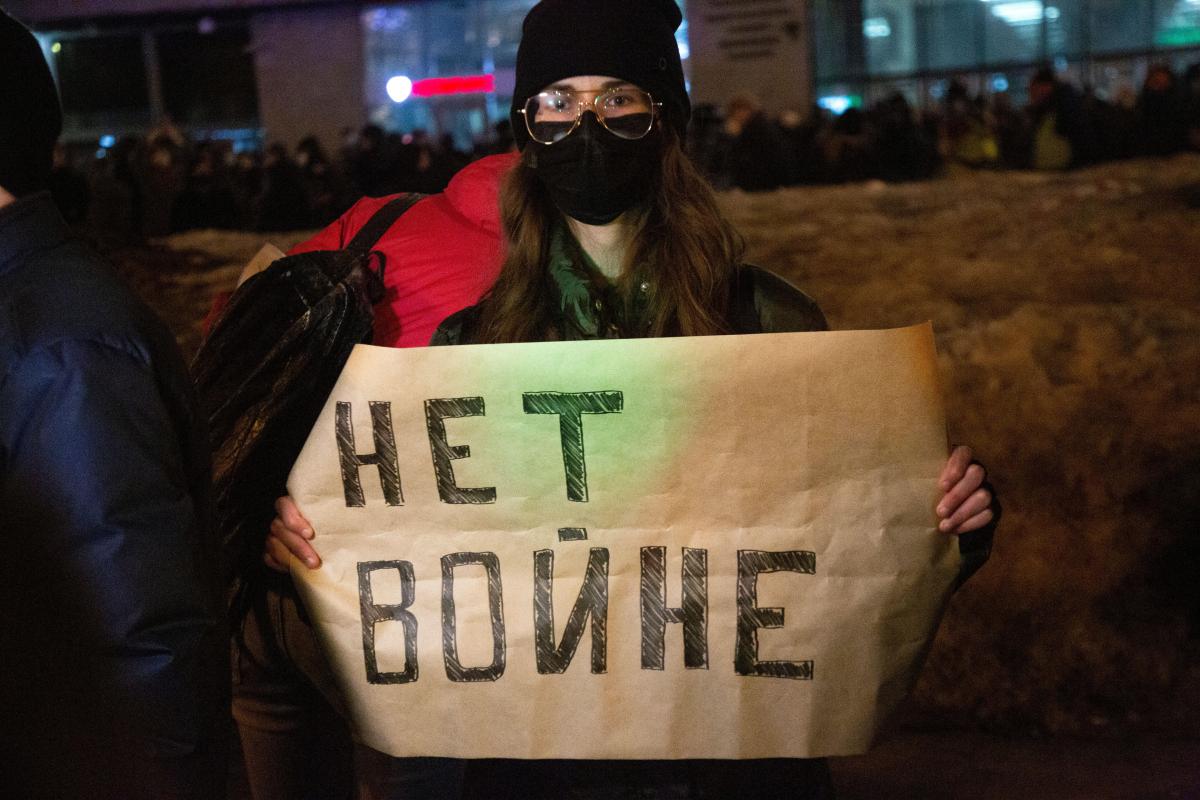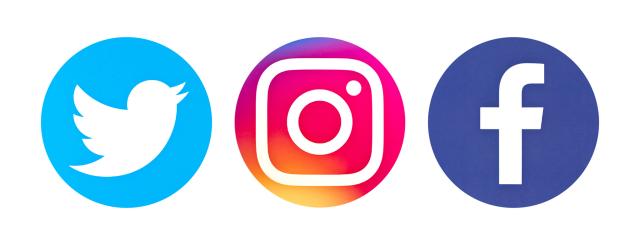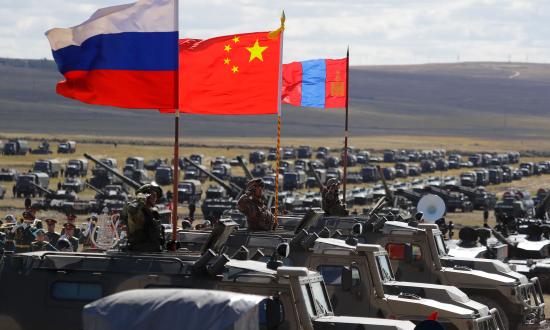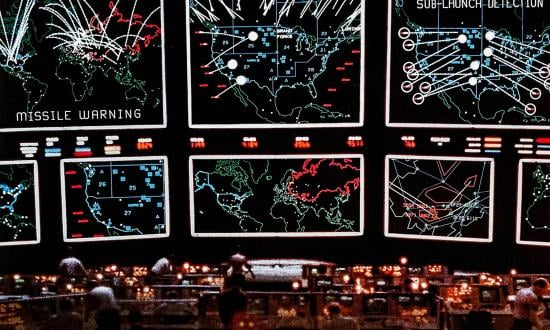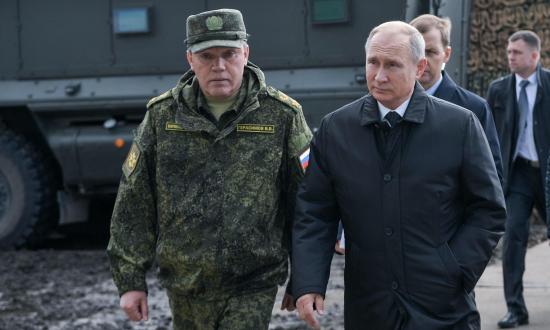It is becoming increasingly clear that Russia cannot win a strategic victory in Ukraine. Its much larger military force may achieve tactical defeat of individual Ukrainian military units and temporarily overtake cities, but Russia does not have the ability to secure the vast expanse of Ukraine—about the size of Texas—for an extended period against the Ukrainian people and their military units who are exhibiting incredible bravery in defense of their homeland.
The best and fastest way to bring an end to the Russian invasion is to do everything possible to inform the Russian population about the truth of what Putin has said, done, and is trying to do. This is not an easy task. Russia’s state-controlled media, government crackdowns on dissent (including imprisonment and assassination of reporters), and widespread intimidation by Russian security forces of any element of society that opposes the government are designed to keep Putin in power. But it can be done. When the Russian people see what the rest of the world has already seen, they will fight to bring this war to an end.
It is important to understand that the Russian people are very proud and patriotic. Some years ago, Senator John McCain said, “Look, Russia is a gas station masquerading as a country.” We should not forget that, in addition to generations of world-class performance in the fields of music, art, dance, and literature, a Russian scientist, Dmitry Mendeleyev, was the father of modern chemistry. Russia beat the United States to space in the 1950’s. For a period of several years after the retirement of NASA’s Space Shuttle fleet, Russian heavy lift rockets were the only way to get U.S. astronauts to the International Space Station.
We also should remember that the Russian people demonstrated extraordinary heroism and patriotism in defense of their country during World War II. The 900-day siege of Leningrad is just one of many examples of tremendous courage and persistence by Russians under horrific conditions. The Soviet Union lost approximately 28 million people in World War II. Sadly, about 8 million of those were killed by their own government acting under orders from Josef Stalin (a leader Vladimir Putin reveres).
In the Cold War, Russians generally looked down on their allies in the Warsaw Pact. Lately, however, they can see that their quality of life (as measured by life expectancy, access to health care, and standard of living) is inferior to that in former Warsaw Pact nations including Poland, Hungary, the Czech Republic, and Slovakia, not to mention the former Soviet Republics of Lithuania, Latvia, and Estonia. Most Russians have no desire to return to Communism and will reject their totalitarian government if given an opportunity to see that they have the power to change it.
The best way to do this is massive, consistent, repeated reporting by multiple sources about the true situation in Ukraine and the nearly world-wide condemnation of Putin’s actions. Economic sanctions are important because their impact will be felt by Russian elites and ordinary citizens. Military assistance to Ukraine is important because it will allow heroic Ukrainians to continue defending their nation and increase Russian losses. The Russian government is trying to hide its casualty numbers, but they will become increasingly apparent to the Russian public over time—just as they did during the Soviet invasion and occupation of Afghanistan. International seizures of Russian oligarchs’ property, including large yachts and expensive real estate, should be widely publicized. Denial of air space to Russian aircraft is another way to demonstrate that the international community is united in opposition to the invasion. Russian military strikes on civilian targets, including schools, apartment buildings, and hospitals, need to be widely reported to repudiate Putin’s aggression. International relief efforts and humanitarian aid must also be reported widely in Russia.
Sports are another valuable tool to expose the Russian population to the worldwide rejection of Putin’s actions. Every time a famous Russian sports star speaks out against the war, it should be reported. Do the Russian people know Roman Abramovich has announced his intention to sell the English Chelsea soccer club and donate the proceeds to help victims of Putin’s war in Ukraine?
Do they know the second largest Russian oil company, Lukoil, has voiced opposition to the war in Ukraine. Lukoil is privately owned, but its opposition will make a significant impression on ordinary citizens.
Russia has never had a free and fair election. Since the overthrow of the Romanov tsars, Soviet and Russian leaders have gained power largely through non-democratic means. Throughout the past hundred years of Russian and Soviet history, leaders from Lenin to Stalin to Putin have sought to control the media and spin the information available to the Russian people. Moscow’s control of the media and internet have increased under Putin’s reign, culminating this week with a massive media crackdown.
In the face of this information embargo, getting the truth in the hands of ordinary Russians will not be easy, but it must be a priority for every nation that values the rule of law. Social media and internet service providers must do everything they can to maintain their reach into Russia. The U.S. government should reemphasize the Voice of America Russian service—a powerful tool during the Cold War. Every mass media tool available must communicate the undeniable truth about what the Russian military is doing in Ukraine, 24 hours a day, and tell the story with voices, pictures, and video to overcome the information control of a corrupt totalitarian regime.
How the free world pushes back against Russian disinformation, especially inside Russia, will have implications for other autocracies—including China, North Korea, and Iran. Today, China is propagating Russia’s lies about Ukraine to its own population. Getting the truth to the Russian people now could bring Putin’s dangerous reign to an end and have a deterring effect on other regimes’ future behaviors.



